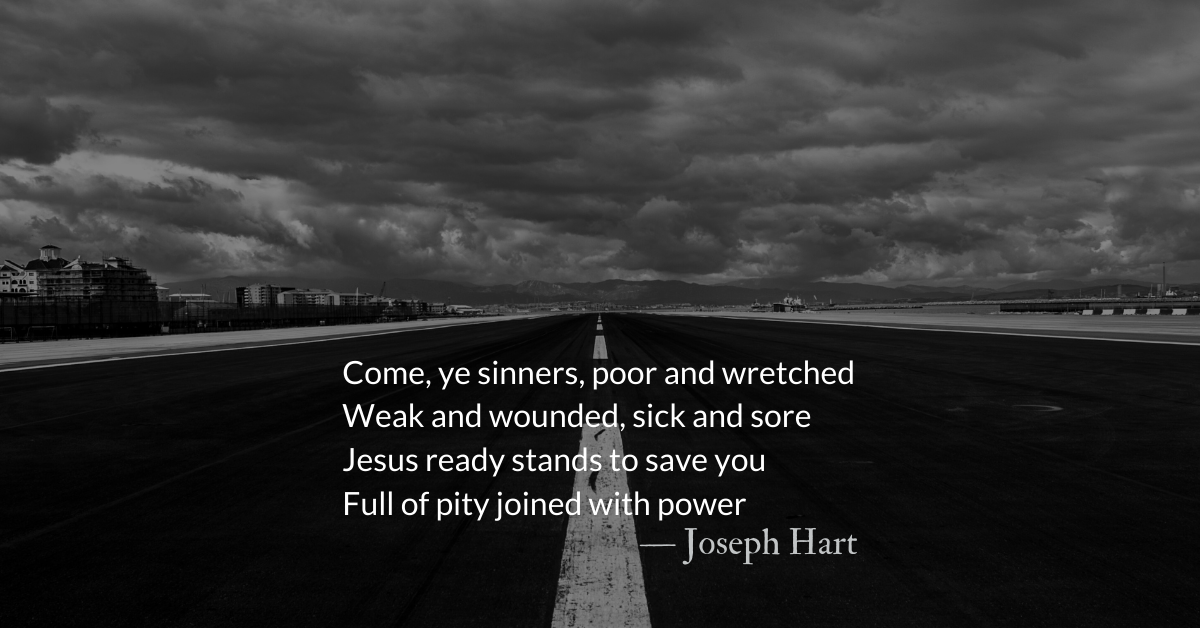Scripture Focus: Exodus 7.1-5
1I have made you like God to Pharaoh, and your brother Aaron will be your prophet. 2 You are to say everything I command you, and your brother Aaron is to tell Pharaoh to let the Israelites go out of his country. 3 But I will harden Pharaoh’s heart, and though I multiply my signs and wonders in Egypt, 4 he will not listen to you. Then I will lay my hand on Egypt and with mighty acts of judgment I will bring out my divisions, my people the Israelites. 5 And the Egyptians will know that I am the Lord when I stretch out my hand against Egypt and bring the Israelites out of it.”
Luke 10.10-12, 16
10 But when you enter a town and are not welcomed, go into its streets and say, 11 ‘Even the dust of your town we wipe from our feet as a warning to you. Yet be sure of this: The kingdom of God has come near.’ 12 I tell you, it will be more bearable on that day for Sodom than for that town.
16 “Whoever listens to you listens to me; whoever rejects you rejects me; but whoever rejects me rejects him who sent me.”
Reflection: Choices and Hard Hearts
By John Tillman
Pharaoh’s heart is the prototypical story about hardened hearts in the Bible. His story affects how we see the topic and the process of how a heart is hardened. Nearly half of the occurrences of the word “harden” in the NIV text are in reference to Pharaoh or the Egyptians.
We also see hardened hearts and the response of Christ’s messengers to them in our reading from Luke. God used Moses as a stand-in and had Moses use Aaron as a prophet. Jesus sends his 72 followers out as prophets of his message as well.
“Whoever rejects you rejects me and the one who sent me,” Jesus said. Whoever rejected the apostles or other disciples, rejected Jesus, and rejected God the Father. When Pharoah rejected Aarron, he rejected Moses, and he rejected Yahweh.
In both stories, God’s messengers carried his peace. They performed miracles, healings, and signs. Yet there were those who missed (or denied) the miracles. Jesus knew some would reject his messengers. God knew Pharaoh would reject his messengers. In doing so, these hearers were rejecting God himself and bringing judgment on themselves.
Before we think of ourselves as messengers of God, we first need to consider ourselves with sober judgment.
Are we people of peace (Luke 10.5-6) or Pharaohs relying on violence? (Exodus 5.14-15, 20-21) Are we rejecting God by rejecting his messengers because they don’t look the way or sound the way we think they should? (“In Amaziah’s Shoes: Amos 7.10-17)
The scriptures contrast moments of Pharaoh hardening his own heart and God hardening it. (Exodus 4.21; 7.3; 8.15, 32; 9.12-34; 10.20, 27; 11.10) Even Pharaoh gets multiple chances to do the right thing. When he fails to see the miracles for what they are and refuses to heed God’s messengers, God gives him over to the path of rebellion he chose.
Hardened hearts happen in stages. Our choices matter. Our hearts are hardened or softened day after day. Do we hear and obey? Our heart will grow softer, more sensitive, and better able to obey in the future. Do we hear and turn away? Our heart will grow harder, colder, less able to respond to the loving call of God.
Softening your heart is something that occurs not in one single moment, but rather through a lifelong process. Untended, our hearts harden and lean away from God. Only by continual cultivation will the soil of our hearts remain soft, fertile soil for fruitful expressions of the gospel.
Divine Hours Prayer: The Greeting
My lips will sing with joy when I play to you, and so will my soul, which you have redeemed. — Psalm 68.28
– Divine Hours prayers from The Divine Hours: Prayers for Springtime by Phyllis Tickle
Today’s Readings
Exodus 7 (Listen – 3:29)
Luke 10 (Listen – 5:40)
Read more about For Those Yet Unseeing — Worldwide Prayer
We assume that faith comes easily when we witness miracles. We are wrong.
Read more about The Miracle of Faith
His greatest miracles were helping the faithless to believe again. Helping the cynical to trust again. Helping the hardened to love again.











